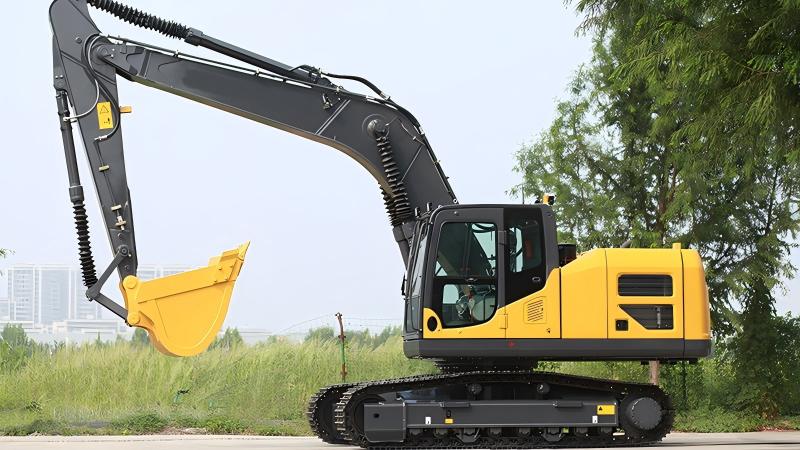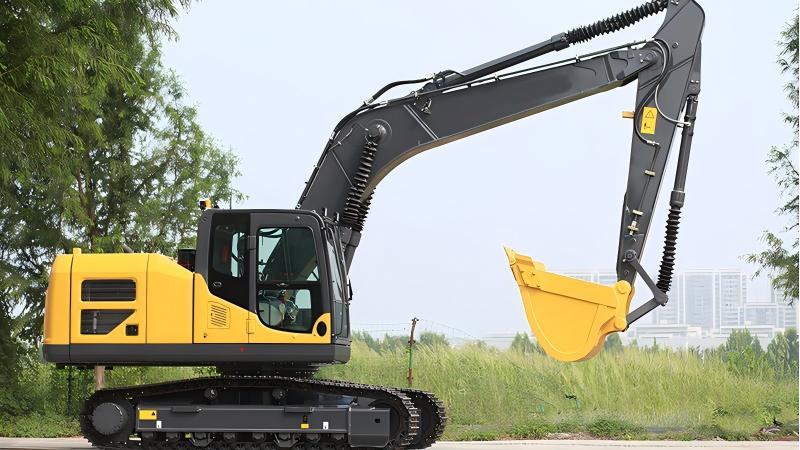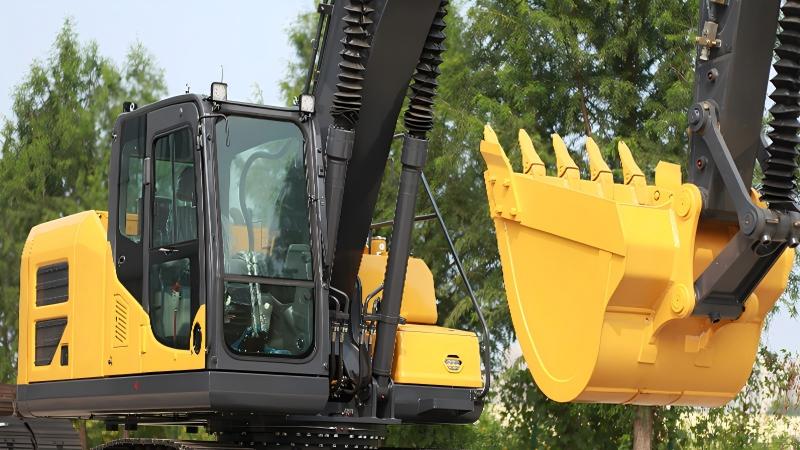Mini excavators—also known as compact excavators—are incredibly versatile machines widely used in construction, landscaping, agriculture, utilities, and demolition. Their compact size, mobility, and powerful hydraulic systems make them ideal for tasks where larger equipment would be too bulky or impractical. Despite their smaller stature compared to standard excavators, mini excavators can handle a surprisingly broad range of jobs, thanks to their adaptability and support for multiple attachments.
In this article, we will explore the various applications of mini excavators, highlighting their capabilities, ideal environments, and common industries in which they excel.
Trenching and Excavation
One of the primary uses of mini excavators is digging trenches. Their ability to precisely excavate narrow, deep trenches makes them essential for:
Installing water lines, sewer lines, gas pipes, and electrical conduits.
Creating drainage ditches.
Preparing foundations or footings for buildings and walls.
The mini excavator’s small footprint allows it to operate in tight residential or urban areas where larger machinery would be too disruptive.
Landscaping and Site Preparation
Mini excavators are a landscaper’s best friend. Their size and maneuverability allow for efficient grading, digging, and shaping of outdoor spaces. Typical landscaping uses include:
Removing shrubs, stumps, and small trees.
Digging holes for planting or installing irrigation systems.
Building ponds, berms, or terraces.
Leveling or sloping terrain for lawn or garden installation.
Attachments like grading buckets, augers, and hydraulic thumbs enhance their effectiveness in these tasks.
Demolition Work
Although mini excavators are small, they can perform light to moderate demolition tasks with ease. When equipped with hydraulic breakers, thumbs, or grapples, they can:
Break concrete slabs or driveways.
Remove fences, sheds, or small structures.
Demolish interior components during building renovation.
Pull out rebar, posts, or foundations.
Their compact size makes them particularly useful for indoor demolition or tight alleyway work.
Utility Installation and Maintenance
Mini excavators are a staple in utility and infrastructure projects due to their ability to:
Dig narrow trenches for fiber optic cables, water mains, or electrical lines.
Install manholes and catch basins.
Perform spot repairs or replace sections of underground utilities.
Access hard-to-reach locations without major surface disruption.
Their precise control and minimal surface damage are crucial in developed areas with existing infrastructure.
Grading and Leveling
With a tilt bucket or grading blade attachment, mini excavators can efficiently shape land for construction, drainage, or landscaping. Typical grading tasks include:
Preparing a flat surface for patios, sidewalks, or driveways.
Creating proper drainage slopes to avoid water pooling.
Backfilling trenches or foundation holes after installation work.
Some models come with automatic leveling features to aid operators in achieving consistent, accurate results.
Material Handling
Mini excavators can also be used to move and position materials around a job site. With the right attachments, they can:
Load dirt, gravel, or sand into trucks or wheelbarrows.
Transport large stones, pipes, or pallets.
Handle landscape materials like mulch or decorative rock.
Hydraulic thumbs and grapples make it easier to pick up irregular or heavy objects with precision and safety.
Post Hole Digging and Fence Installation
Using an auger attachment, mini excavators are commonly used to dig holes for:
Fence posts.
Deck footings.
Signage and poles.
Trees or large plantings.
This significantly reduces the time and labor required compared to manual digging, especially in hard or rocky soil.
Snow Removal
In colder climates, mini excavators serve as compact snow removal machines during winter months. With a blade or bucket, they can:
Clear sidewalks, driveways, and small roads.
Break and remove packed snow or ice.
Create snow piles or load snow into trucks for removal.
Rubber tracks make them gentle on paved surfaces while still offering good traction in icy conditions.
Agricultural and Farm Applications
Mini excavators are increasingly being used on farms and ranches for a variety of tasks:
Digging irrigation ditches or drainage channels.
Installing or repairing fencing.
Removing tree stumps or rocks from fields.
Digging holes for barn posts or sheds.
Their compact size makes them easier to maneuver in and around barns, livestock pens, and narrow farm lanes.
Road and Pavement Work
Mini excavators are ideal for smaller-scale road maintenance and construction tasks, including:
Digging trenches for streetlights or signs.
Removing and replacing damaged sections of pavement or curbs.
Installing underground utilities beneath sidewalks.
Repairing stormwater drains and culverts.
Their ability to work in confined areas without obstructing traffic makes them a top choice for urban roadwork.
Indoor or Enclosed-Space Operations
Some mini excavators, especially electric models or those with low-emission engines, can operate indoors or in partially enclosed environments such as:
Warehouses.
Factories.
Parking garages.
Tunnels.
With zero-tail swing designs and compact dimensions, they can work in places that are inaccessible to full-sized equipment.
Disaster Recovery and Emergency Work
After floods, storms, or fires, mini excavators are often among the first pieces of equipment deployed to:
Remove debris and fallen trees.
Dig access paths for emergency personnel.
Clear drainage paths to prevent flooding.
Recover buried structures or vehicles.
Their ability to work quickly in tight, hazardous areas makes them a valuable asset in emergency response efforts.
Advantages of Mini Excavators
To summarize, mini excavators offer several advantages that make them suitable for such a wide variety of applications:
Compact size: Ideal for confined spaces.
Low ground impact: Rubber tracks reduce surface damage.
Quick transport: Easily hauled on trailers.
Versatile attachments: Wide range of tools increases job flexibility.
Fuel efficiency: Low operational costs.
Ease of operation: User-friendly controls reduce the learning curve.
Conclusion
Mini excavators are true workhorses in the construction and industrial world, capable of performing a wide range of tasks with precision and efficiency. Whether you're trenching for utilities, grading land, demolishing structures, or planting trees, a mini excavator equipped with the right attachments can get the job done faster, safer, and more cost-effectively than manual labor or larger machines in confined areas.
Their adaptability, affordability, and user-friendly design continue to drive their popularity across many industries. For contractors, farmers, landscapers, and even homeowners, investing in or renting a mini excavator opens up a world of project possibilities with professional-level results.
Post time:Sep-25-2020



